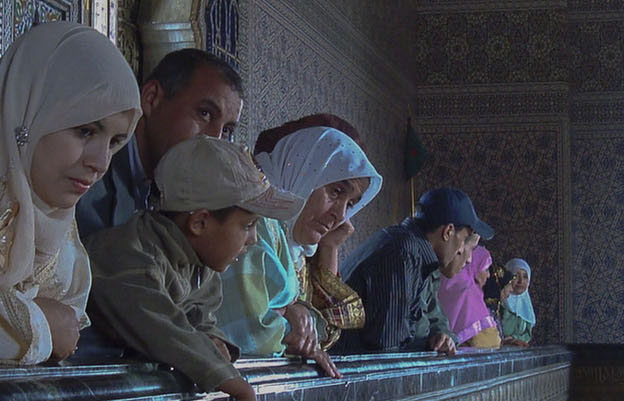Conference : Collecting the Muslim World

Collecting as research strategy: an in-depth look
Collecting has been an important strategy for scholars to study the history, languages and cultures of the Muslim world since the Renaissance. Understanding these “foreign societies” started with accumulating sources to be used as documents for studies. The stress on collecting in oriental studies was part of a more general current in the burgeoning humanities and social sciences, especially in history, philology, archaeology and anthropology. This approach to research reached its apogee in the second half of the nineteenth and the first half of the twentieth century, with scholars leaving on expeditions and bringing back massive collections to be stored and displayed in imperial museums of antiquities, arts, and ethnology. Nowadays scholars generally take a much more critical view at their predecessors’ acquisitive ethos, questioning the epistemological, political and ethical dimensions of these practices.
The present workshop focuses on studying scholarly collecting as a research strategy embedded in a specific intellectual and political context, hence understood as a historical and social phenomenon. A certain number of studies on the histories of collecting exist, but they are often rather straightforward stories. We would like to explicitly look at collecting as a process and as a social relationship, addressing the power dynamics and the agency of the parties concerned. Who should and could collect what materials, from whom, for what purposes? What could people not collect? We intend to move beyond stereotypical accounts of “plunder” by systematically analyzing the social relations between the parties involved. This not only means looking at the classical orientalist issue of the power-knowledge nexus, but also scrutinizing the epistemological underpinnings. What did scholars consider to be proper knowledge, and hence what kind of “sources” and “documents” did they look for? How should these sources be acquired, stored, organized, displayed, published, and analyzed?
There are limited seats available for non-participants. If you want to attend a part of the conference, please send an email to lucis@hum.leidenuniv.nl with your name and the dates you want to attend.
Have a look at the programme.


